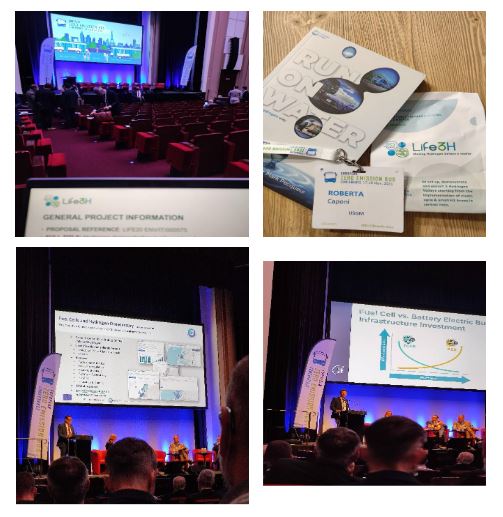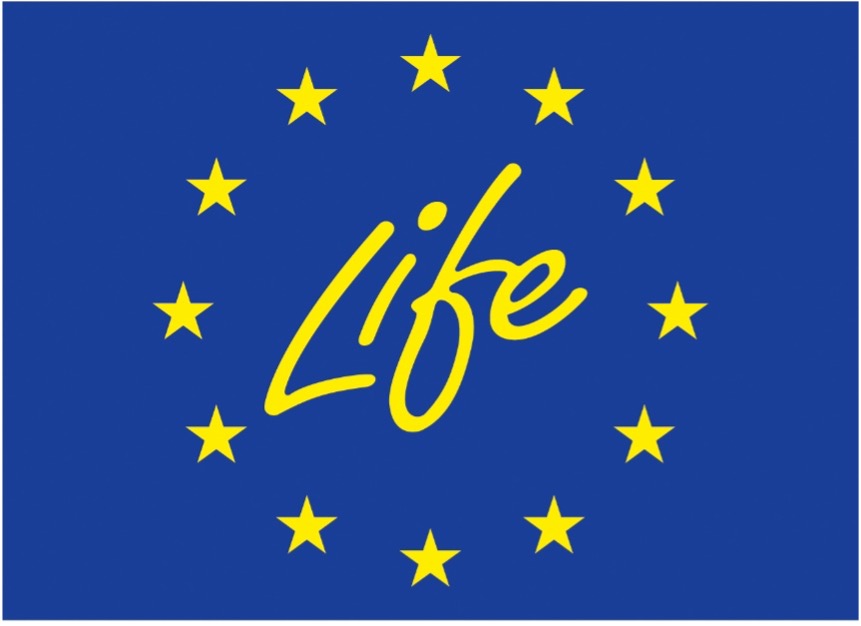ZEB 2021 called on European manufacturers, policymakers and operators to discuss about the current solutions and trends for deploying zero-emission buses.
The conversation topics were:
– Towards net zero: policies & state of play. 4 lessons learned from the past few years to be addressed to policymakers have been identified. Resilience: The pandemic has underlined the importance of public transport and its lack of preparation to cope with the crises. It follows the need for greater government support. Decarbonization: reducing GHG emissions is a priority, and modal shift strategies are requested. Advancing systems: growing demand for digitalization. Redefinition of public transport: mobility must be seen as a service to be integrated with sharing services.
– Zero-emission buses: experience & outlook for battery & fuel cell buses. Battery and fuel cell technology must cooperate to achieve the climate change targets.
– Optimizing operations: practical ZEB experience. The reduction of consumption comes from an increase in system efficiency. Training and meetings are fundamental to understanding and preventing any kind of risk.
– The infrastructure challenge: battery & hydrogen. Grids are still a problem for battery charging. The cost of hydrogen will go down only with technology scaling-up.
– Innovative economics. Legislation and fair competition are needed to sustain zero-emission technologies.
– Looking to the future: ZEB innovations for the 2020s. The transition to zero-emission public transport requires a holistic approach and related value chain holistic plans. To facilitate the transition, finance and public, private partnerships are key.
Dr Roberta Caponi participated for UniMarconi, a researcher in the field of hydrogen that works in the Marconi team within the LIFE3H project. The presence at the conference allowed open discussion with other experts in the field, acquire important information on the most recent technology development, and learning from the experience of other professionals that will be useful for the project success. In particular, the following contacts were made:
Caetano bus: Portuguese manufacturer that in collaboration with Toyota produces zero-emission buses, the e.City Gold, 100% electric city bus, and the H2.City Gold, hydrogen bus. The hydrogen buses are built with two different lengths, 10.7 m and 12 m, and are capable of carrying up to 64 and 87 passengers, respectively. The range is up to 400 km. These producers having facilities in Portugal, Germany, the UK and Morocco is interested to sell hydrogen buses in Italy.
Applus + IDIADA: Spanish engineering company providing design, testing, engineering and homologation services to the automotive industry. A meeting with the fuel system department was taken on November 25th. The November 25th meeting showed the convenience of integrating the HRS USGM model with the communication system HRS-Vehicle developed by this company. If this collaboration goes forward, it will speed up the C1 action of LIFE3H.
Sapienza University: Sapienza (Informatic and mechanic departments) PhD student contacted me after my questions during the conference in order to upgrade his life cycle cost analysis of diesel, CNG, hybrid and electric powertrains in order to include hydrogen buses. If this collaboration goes forward, it will speed up the C1 action of LIFE3H.
Photos taken during the event are showed below.



